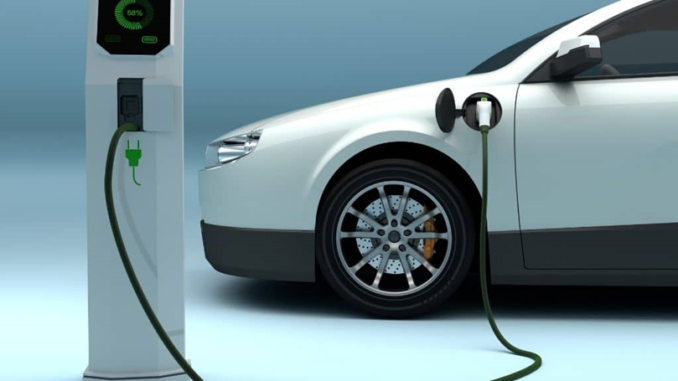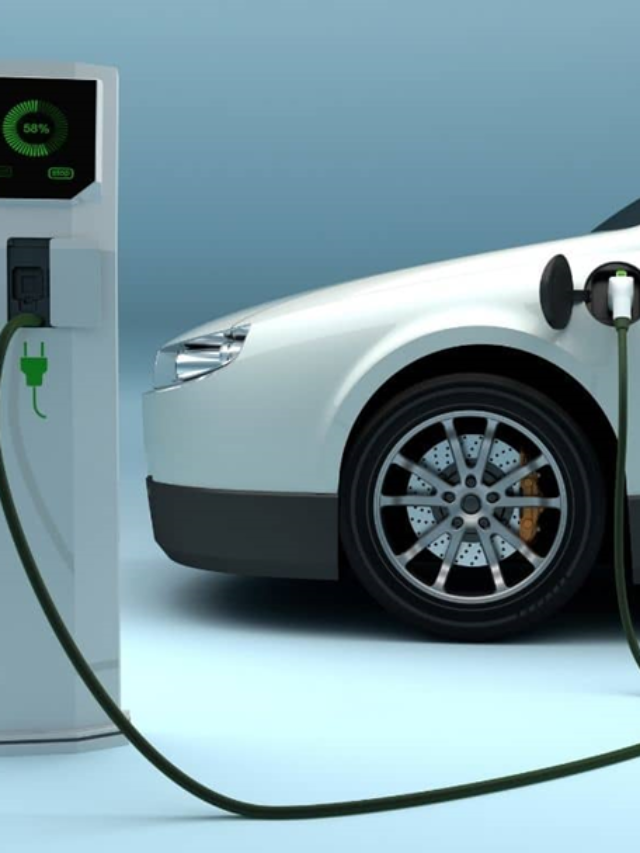
Introduction
The auto business is rapidly moving toward a future where development, manageability, and a shift away from customary ignition motors will be trademarks. This blog covers the powerful universe of electric vehicles (EVs) by plunging into the innovative, ecological, and cultural issues that could characterize the eventual fate of EVs.
In this topic of the future of electric vehicles, we discover the ingenuity and simplicity that drives these automobiles. Electric cars are set to take over as the primary means of personal transportation due to developments in battery technology, lower emissions, and increased accessibility to charging infrastructure.
Since they give a more feasible and naturally well-disposed approach in and out of town, electric vehicles have become increasingly more famous in the rapidly developing transportation scene. Since electric vehicles run on power rather than petroleum products, they are an all the more harmless to the ecosystem decision that mirrors our developing natural cognizance.
Features of Electric Cars
1) Electric Cars have Zero Emanations:
Electric vehicles produce zero tailpipe emanations, adding to cleaner air and a decrease in ozone harming substance outflows.
2) Electric Cars have Energy Productivity:
Since they transfer a larger proportion of energy from the power source to the wheels, electric cars are often more energy-efficient than conventional automobiles.
3) Electric Cars have Quiet Operations
When compared to internal combustion engine vehicles, electric automobiles are quieter to drive, which helps to lessen noise pollution in cities.
4) Electric Cars have Instant Torque
Instant torque from electric motors enables rapid acceleration and a responsive driving experience.
5) Electric Cars have Regenerative Braking
Regenerative braking, which boosts overall efficiency and increases the vehicle’s range, is a feature found on many electric automobiles. It transfers kinetic energy from braking into electrical energy.
6) Electric Cars have Low Operations Cost
Since they require less maintenance (no oil changes and fewer moving parts) and energy is frequently less expensive than gasoline, electric automobiles usually have lower running expenses than conventional vehicles.
7) Electric Cars have Reduced Dependency on Fossil Fuels
Electric vehicles help to promote energy sustainability and diversification by reducing reliance on fossil fuels.
8) Electric Cars have Long Term Cost Saving
Even though electric cars may cost more up front, they can save money over time due to reduced gasoline and maintenance costs as well as possible government subsidies.
9) Electric Cars have Home Charging
Owners of electric automobiles may charge them conveniently and flexibly at home using either regular electrical outlets or specialized home charging stations.
10) Electric Cars have Fast Charging Capabilities
Rapid charging at public charging stations is made possible by the fast-charging capabilities supported by a large number of electric vehicles.

11) Smart Connectivity
Electric vehicles frequently have sophisticated infotainment systems, networking capabilities, and smartphone apps that let owners monitor and manage the vehicle’s functions from a distance.
12) High Tech Interior
Electric vehicles frequently have sleek, high-tech cabins with cutting-edge design, driver aid features, and cutting-edge safety systems.
13) Environmental Consideration
Electric vehicles promote a more ecologically friendly form of transportation by helping to reduce noise and air pollution.
14) Government Incentives
Incentives like tax credits and rebates are frequently provided by governments to promote the use of electric vehicles and increase their financial appeal to buyers.
15) Range and Charging Infrastructure
Electric car range is still increasing; some models can travel competitively long distances on a single charge. Furthermore, users will find it easier to locate charging stations as the infrastructure for charging devices grows.
Performance of Electric Cars
With their environmentally friendly design, electric automobiles have not only changed the automotive industry but also redefined what a high-performance car is.
Despite popular belief, electric cars are powerful vehicles that provide an exciting driving experience and high speeds. They are also environmentally friendly. Now let’s explore the exceptional performance features that set electric automobiles apart Instant Torque Delivery
The quick torque delivery of electric cars is well known. Electric motors deliver full torque the instant you step on the pedal, in contrast to conventional combustion engines that need to be revved up. This produces a responsive driving experience and extremely quick acceleration.
1) Acceleration and Speed
Impressive acceleration is a common attribute of electric cars. Several electric vehicles can accelerate from 0 to 60 miles per hour in less time than high-performance sports automobiles. This amazing acceleration is a result of the electric motors’ immediate torque.
2) Silent and Smooth Operation
Driving an electric automobile is peaceful and smooth because of its almost faint hum. Particularly at faster speeds, the general comfort and refinement are improved by the lack of engine noise.
3) Top Notch Handling
Electric automobiles typically have a low center of gravity due to their construction, which places the heavy battery low in the chassis. Electric cars are enjoyable to drive, especially around curves, because to this configuration’s improvements in stability and nimble handling.
4) Multi-Motor Configuration
There are numerous motors in some high-performance electric cars—one for each wheel or axle. The traction, stability, and overall performance of this configuration—also referred to as two or tri-motor setups—are optimized. Such a strategy is widely used by electric supercars.

5) Customizable Driving Modes
Variable driving modes are a common feature of electric automobiles, enabling users to tailor performance parameters to their personal tastes. For a thrilling driving experience, select a mode like “Sport” or “Track” to fully utilize the electric drivetrain’s capabilities.
6) Adaptive Cruise Control
Advanced driver aid technologies, such adaptive cruise control and semi-autonomous driving capabilities, are frequently seen in high-performance electric vehicles. In addition to increasing safety, these elements also make driving more comfortable and pleasurable.
7) Efficient Power Management
To ensure efficiency and performance, electric automobiles use advanced power management technologies to distribute power in the best possible way. Sustained performance is aided by this management, which also covers heat dissipation, battery cooling, and general thermal stability.
8) Technology Behind Electric Cars
- Electric Motors
- Battery Systems
- Regenerative Braking’s
- Inverters and Power Electronics
- Charging Systems
- Thermal Magnet
- Vehicle Control Systems
- Materials and Light Weight designs
- Wireless Connectivity
Conclusion:
Electric vehicles represent a paradigm shift in transportation by combining performance, sustainability, and innovation. Electric vehicles have a bright future ahead of them thanks to their flawless technology, zero emissions, and the world’s growing trend towards eco-conscious living.
You Want To Learn More About Electric Cars Then Click Below
Q1 How electric car works?
The vehicle is propelled by electric motors in electric cars that are battery-powered. The electrical energy that powers the wheels is transformed into mechanical energy and stored in the batteries.
Q2 How long it does take to charge an electric car?
It depends on type of charger used and the car’s battery capacity determine how long a charge takes. While fast-charging stations can deliver a sizable charge in 30 to 60 minutes, home charging might take all night.
Q3 Can I charge electric car at home?
You may charge an electric car using a regular electrical outlet by using the home charging kit that is included with the majority of these vehicles.
Q4 Are electric cars more expensive to maintain?
Maintenance costs of electric cars are often lower because they have less moving parts. Regenerative braking minimizes brake wear, and oil changes are not necessary.
If You Want To Explore More Information Click Below

Leave a Reply